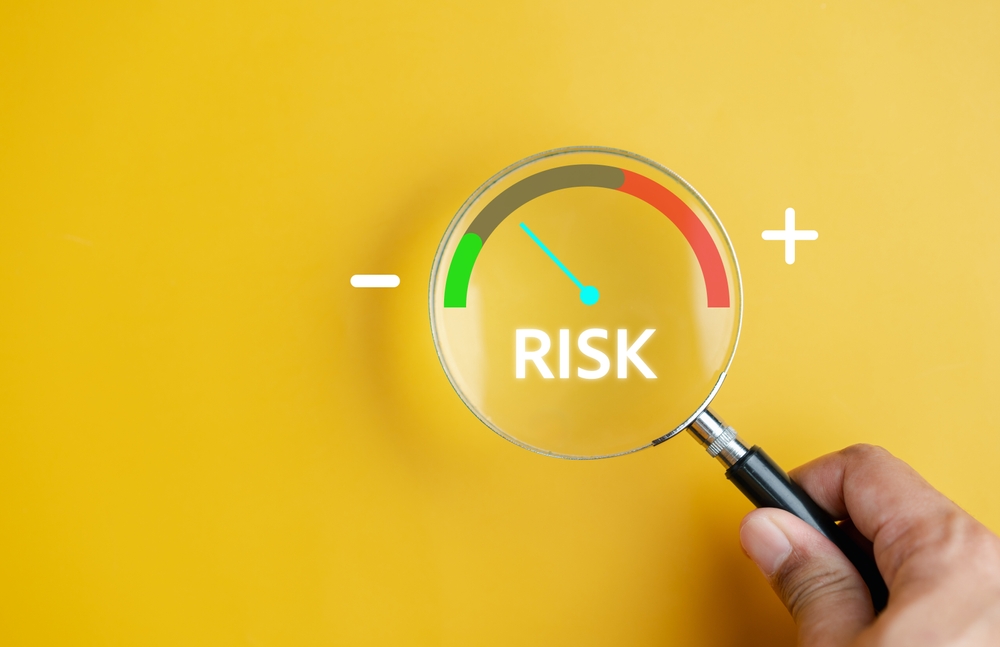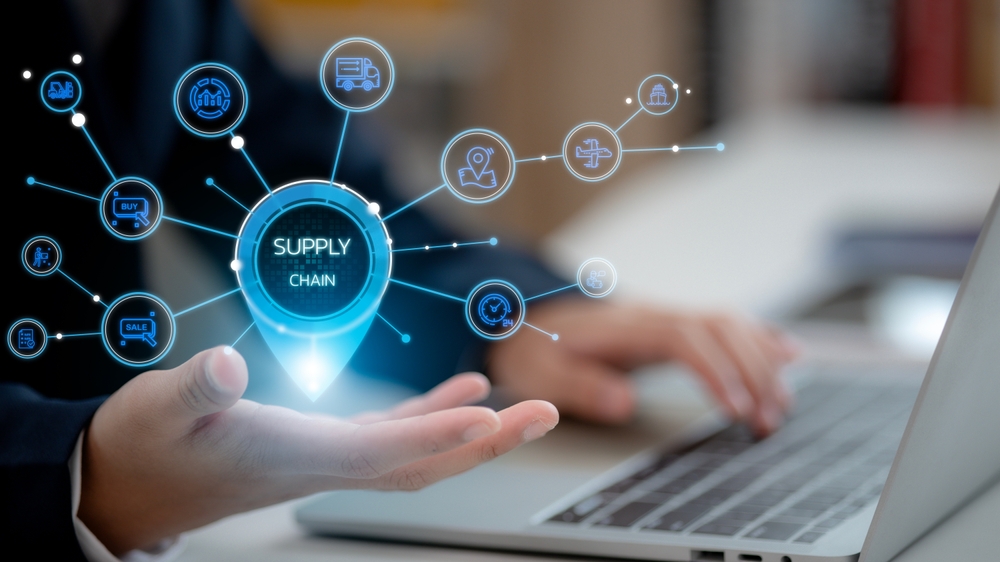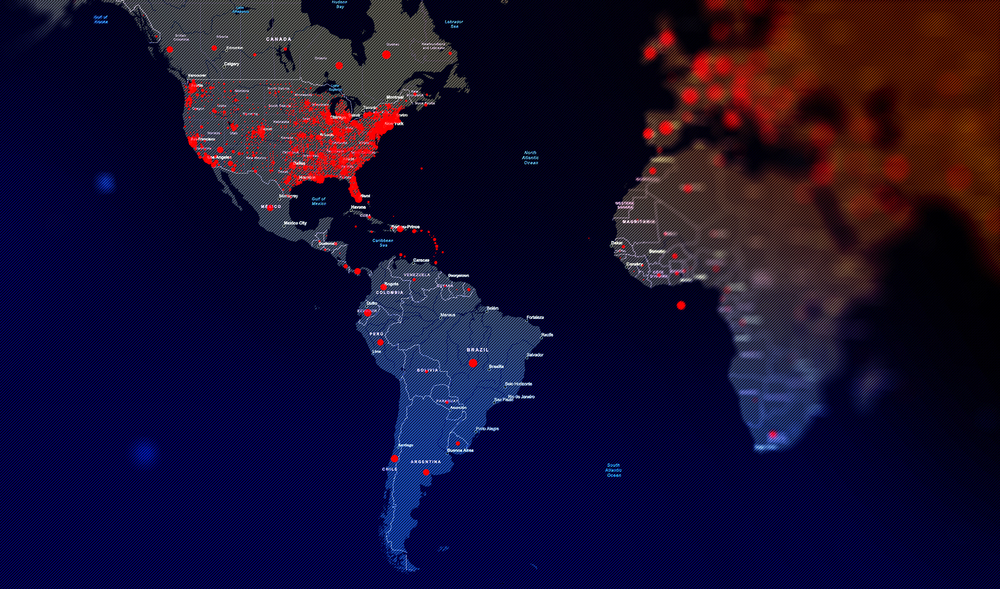Book Reviews
Philosophical Aesthetics
Quantum Computing
Global Value Chains
Peace and Stability Operations
Autonomous Intelligent Enterprise
Artificial Intelligence

Global Value Chains
The Cocoa Crisis and the Holidays
Cocoa prices surged due to weather problems in West Africa, disease, and aging trees, raising chocolate costs. Companies are increasing prices and exploring alternatives like gene editing and improved cocoa extraction techniques.

Global Value Chains
Risk Management: Sleeping When the Wind Blows
Organizations face unprecedented chaos in a BANI world (Brittle, Anxious, Nonlinear, Incomprehensible), requiring AI-powered solutions that deliver resilience, explainability, anticipation, and lucidity (REAL) to navigate complex supply chain risks effectively.

Global Value Chains
Reimagining Supply Chain Management
Organizations must move beyond VUCA and BANI frameworks by getting REAL—becoming Resilient, Explainable, Anticipatory, and Lucid—through AI-driven autonomous supply chains that successfully transform operational chaos into competitive advantage.

Global Value Chains
Will There Be Any Ho, Ho, Ho-liday Shopping?
Holiday sales expected to grow 4%, reaching $975 billion—slowest since pandemic. Consumers prioritize value and experiences over discretionary spending. Successful retailers must emphasize omnichannel strategies and value beyond discounts.Retry

Global Value Chains
Food Trends Are Redefining the CPG Sector
The food and beverage industry faces declining sales due to inflation while companies adapt to emerging consumer trends including wellness, functional foods, sustainability, clean labels, AI technology, and weight-loss innovations.

Global Value Chains
The Importance of the Global South
The Global South represents 85% of global population and growing economic power. China dominates partnerships there while America risks losing influence over critical minerals, markets, and future growth.
.jpg)
Personal Dispatches: Reflections on today’s society through the lens of Fortune Magazine December 1941

Global Value Chains
The Need to be Resilient as Nations, Companies, and Individuals
This article argues that outdated risk management methods hurt businesses. It emphasizes using digital tools like predictive analytics to identify and mitigate supply chain risks and concludes that a combination of these technologies is most effective.

Global Value Chains
Equipping Your Supply Chain Risk Management Kit
This article discusses the importance of digital tools in supply chain risk management. Legacy methods like spreadsheets are insufficient for the modern business environment. The article recommends combining predictive analytics and blockchain technologies to identify, prevent, and mitigate risks.

Global Value Chains
Businesses Must Take and Avoid Risks
This article discusses supply chain risk management and emphasizes the importance of being proactive. It recommends using technology, scenario planning, and data analysis to identify and mitigate risks.

Global Value Chains
Preparing the Supply Chain for the Hurricane Season
This article offers advice on how businesses can prepare for hurricane season. It emphasizes being proactive with short-term actions like stocking up on supplies and long-term actions like diversifying suppliers. By following these tips, businesses can minimize disruptions and maintain a competitive edge.

